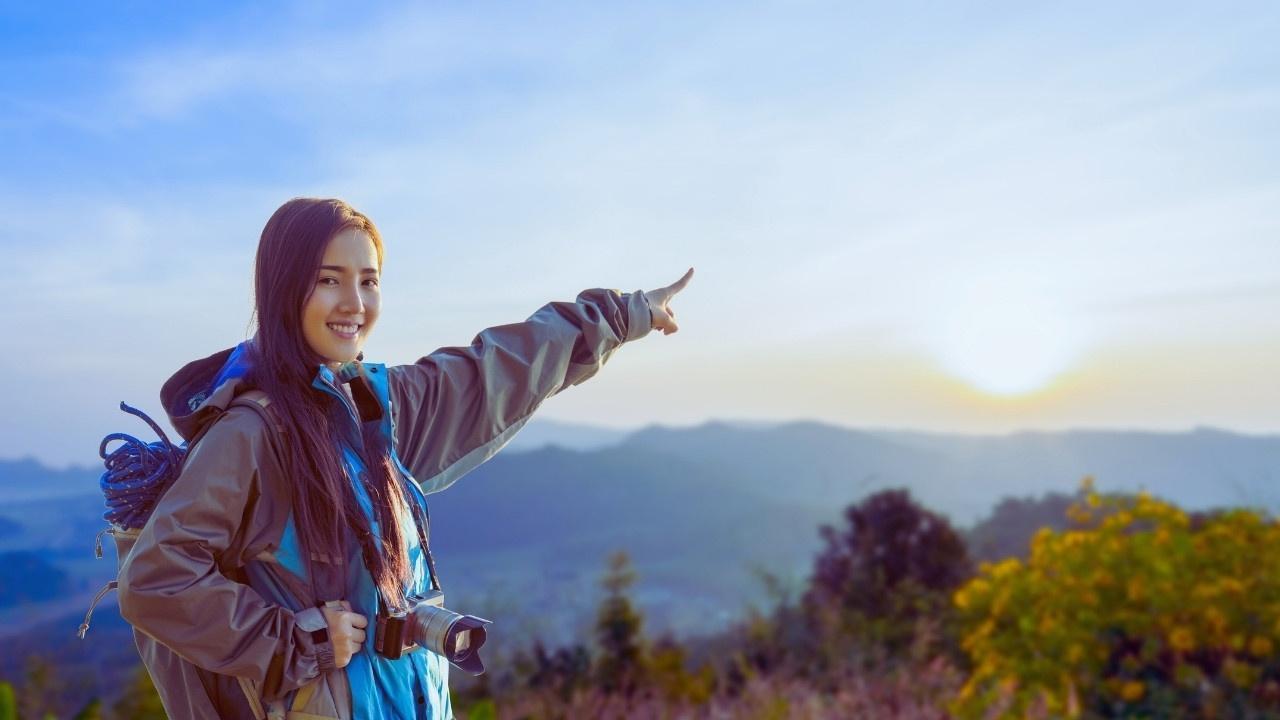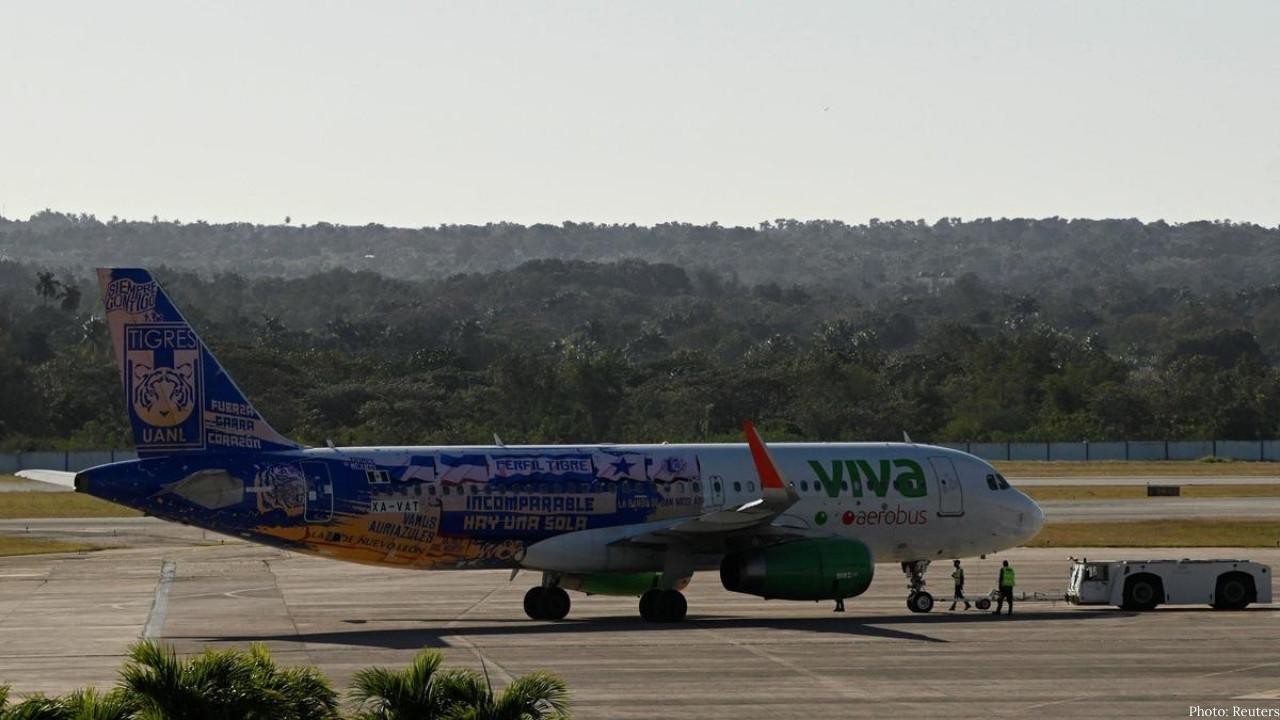You have not yet added any article to your bookmarks!

Join 10k+ people to get notified about new posts, news and tips.
Do not worry we don't spam!

Post by : Anis Farhan
Every journey holds a story waiting to be told. Travel photography transforms those fleeting experiences into timeless memories. It’s not just about pointing a camera and clicking a picture; it’s about capturing the soul of a moment — the laughter of locals, the colors of a bustling market, the serenity of a sunset, or the emotion in a traveler’s eyes. In a world where visuals dominate storytelling, learning the art of travel photography can help turn your trips into lifelong tales.
Travel photography combines art, emotion, and storytelling. It bridges the gap between wanderlust and memory, offering a way to relive every step of a journey. The power of a photograph lies in its ability to evoke emotion — whether it’s nostalgia, awe, or curiosity. As travel becomes more accessible and technology more advanced, photography has evolved from casual snapshots to a refined art form that defines how we perceive destinations.
Every frame tells a story — the texture of ancient walls, the smile of a street vendor, or the quiet rhythm of ocean waves. The best travel photos are those that don’t just show what a place looks like but convey what it feels like to be there.
In 2025, travel photography is no longer confined to bulky DSLR cameras. Today’s creators have access to lightweight mirrorless systems, compact drones, and even smartphones with professional-grade lenses. The key is understanding your tools and using them creatively.
A sturdy tripod, polarizing filters, and extra batteries are essentials for long trips. Drones now add a cinematic edge, providing perspectives once limited to professional filmmakers. But beyond gear, knowledge of lighting and composition remains the true secret to a powerful shot. Even with minimal equipment, understanding how to frame, balance, and light a scene can make all the difference.
Smartphones have democratized photography. With features like AI-enhanced stabilization, night mode, and ultra-wide lenses, anyone can now capture professional-quality shots. Apps allow instant editing and color correction, enabling travelers to share stunning visuals in real time.
What makes smartphone photography special is spontaneity. You can capture candid street scenes, fleeting expressions, or unexpected beauty without the intimidation of a large camera. The world’s most viral travel photos today often come from phone cameras, proving that creativity, not just equipment, defines a good photographer.
The heart of travel photography lies in authenticity. Instead of chasing postcard-perfect images, focus on real life — local traditions, human interactions, and cultural nuances. Engage with locals, learn their stories, and capture the world through their perspective. These photographs become living records of humanity’s diversity.
For example, a street food vendor in Bangkok or a weaver in Bali tells a deeper story about identity, culture, and passion than any skyline shot ever could. The trick is to be respectful — always ask permission before taking portraits and ensure your presence doesn’t disrupt the moment.
Travel trends in 2025 emphasize experiences over destinations. Travelers seek immersive adventures — from learning regional crafts to exploring untouched landscapes. Photography now complements this movement by documenting personal growth through travel.
Instead of snapping a picture just to post online, many now photograph to remember feelings — the wind at a cliff’s edge, the sound of laughter in a crowded market, or the peace of a sunrise hike. The purpose has shifted from showcasing travel to preserving emotional connection.
Editing is where raw shots transform into art. Tools like Adobe Lightroom, Snapseed, and Capture One allow travelers to enhance photos while maintaining realism. The goal is not to manipulate but to elevate — to bring out the mood that the camera captured.
A well-edited image should reflect what the human eye experienced. Balance contrast, adjust lighting, and maintain natural tones. Over-editing removes authenticity. The best photographers edit subtly, letting the emotion remain the focal point rather than the filters.
Platforms like Instagram, Pinterest, and TikTok have reshaped the landscape of travel photography. Visual storytelling drives tourism trends and destination popularity. While this democratization has allowed new photographers to shine, it also creates challenges — such as overcrowding of iconic locations and the pressure to produce picture-perfect content.
True travel photographers, however, use social media as a storytelling tool, not just a gallery. They share the behind-the-scenes, the unpolished moments, and the emotions that make travel meaningful. The most compelling travel photos often come from authenticity rather than perfection.
As tourism evolves, sustainability has become a central concern. Ethical photography means minimizing environmental impact and respecting cultural boundaries. Avoid disturbing wildlife, damaging natural habitats, or exploiting local customs for photos.
Modern travelers value responsibility. A great photograph should inspire appreciation, not harm. Choosing eco-friendly gear, supporting local communities, and promoting sustainable travel practices through your visuals contribute to a more conscious form of storytelling.
Light is the silent narrator in every photograph. The golden hour — just after sunrise or before sunset — offers the softest, most flattering light. Shadows, reflections, and contrasts help frame emotion. Learn to see light as a painter sees color — every shift can alter the story of your photo.
Emotion, too, is a powerful guide. A candid smile, an expression of awe, or even the serenity of solitude gives photos depth. Travel photography is about empathy — seeing beauty through connection, not just observation.
Travel photography isn’t always glamorous. Harsh weather, fatigue, lost luggage, or missed shots are common struggles. But each challenge brings growth. Patience and adaptability define great photographers — waiting for the right light, climbing difficult terrain, or revisiting locations until the perfect moment aligns.
In a world filled with filters and quick content, the true artist remains devoted to timing, observation, and emotion. Photography teaches resilience — both in art and in travel.
Artificial Intelligence is transforming how we capture and process images. AI-driven cameras can auto-correct composition, identify best angles, and enhance low-light shots. Editing tools now use machine learning to replicate cinematic tones instantly.
However, while AI assists in refining technique, the creative soul of photography remains human. The emotional understanding — knowing why to click, not just when — will always belong to the traveler behind the lens.
At its core, travel photography is an act of preservation. We photograph not just places, but feelings — the sense of wonder, the warmth of strangers, the discovery of something new. When we look back at a photo years later, it rekindles emotions far deeper than the image itself.
In every frame lies a reflection of who we were when we took it — curious, inspired, or in awe. That’s why photography endures. It becomes our visual diary of experiences that shaped us.
Learn Composition: Follow the rule of thirds, symmetry, and leading lines to create balanced shots.
Focus on People: Portraits often tell deeper stories than landscapes.
Travel Light: The less you carry, the more spontaneous your creativity becomes.
Experiment with Angles: Don’t be afraid to lie on the ground or climb higher for a fresh perspective.
Be Patient: Wait for the right light; photography rewards those who observe.
Edit with Intent: Subtlety enhances; over-processing distracts.
Respect Privacy and Culture: Photography is privilege, not entitlement.
These small habits distinguish casual snapshots from unforgettable photographs.
Travel photography is both an art and a philosophy — one that teaches mindfulness, empathy, and appreciation for the world around us. Every image captured is a piece of time that can never be repeated. With technology evolving and the world opening up again, there has never been a better time to master the craft.
So, whether you’re wandering through ancient ruins, capturing street life, or simply documenting your daily adventures, remember: the best camera is the one that helps you see — not just look.
Travel with your eyes open and your heart ready; the world is waiting to be captured.
This article is intended for informational and educational purposes only. All photography tips, gear suggestions, and practices mentioned are general guidelines and may vary based on personal preferences, destination regulations, and environmental conditions. Readers are encouraged to follow local laws, respect cultural norms, and practice sustainable travel photography.










Study Warns Using AI for Medical Advice Is ‘Dangerous’ as Users Get Inaccurate Health Guidance
A major new study reveals that artificial intelligence (AI) chatbots and tools may give misleading o

Top Sci-Fi Movies Streaming on Netflix This February: Must-Watch Picks for Genre Fans
A curated news-style guide to the best science fiction films currently available on Netflix in Febru

BCCI Central Contracts Shake-Up: Kohli, Rohit Moved to Grade B as Board Reshapes 2025–26 List
Virat Kohli and Rohit Sharma have been placed in Grade B in the BCCI’s 2025–26 central contract list

Dalal Street Spotlight: Top 10 Stocks Investors Are Watching as Markets Open on a High
Indian stock markets begin the week with strong momentum, and several blue-chip and mid-cap stocks a

Market Movers Today: Key Stocks Set To Watch In Indian Markets
Indian equity markets are poised for active trading as several major companies, including Bharti Air

Milan Welcomes the World: Inside the Grand Opening Ceremony of the 2026 Winter Olympics
The 2026 Winter Olympics opening ceremony in Milan marked a defining moment for global sport, blendi